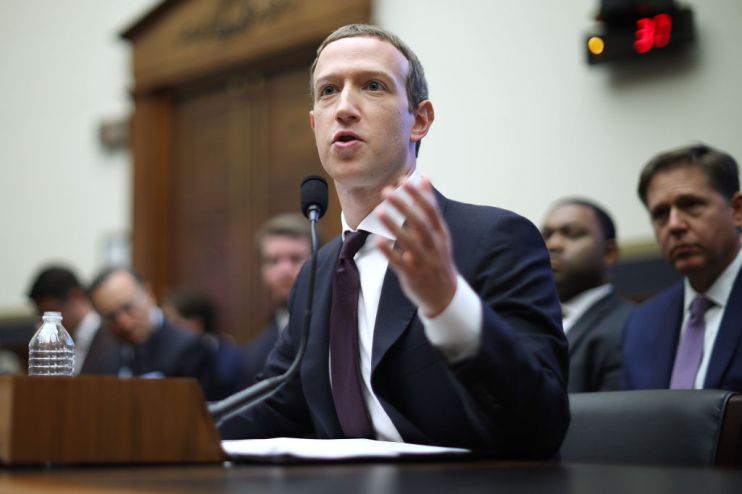The virtual metaverse requires very real-world regulation

Regulators tend only to emerge in the spotlight of public scrutiny when something goes wrong. FCA bosses have spent the last couple of years being wheeled in front of Select Committees to explain the collossal cock-ups that led to the London Capital & Finance minibond scandal – including its former boss Andrew Bailey, who despite said errors was given the Governor’s job at the Bank of England.
Luckily, the Treasury is apparently minded to future-proof our various financial regulators, with new obligations to support the City’s growth and competitiveness in a post-Brexit world. It’s a welcome nudge in the right direction, though in the FCA’s case at least, one that lies in lockstep with the still new-ish boss Nikhil Rathi’s ambition to make the regulator more agile and responsive to the new world of finance, and open to new ways of doing business.
Indeed if Rathi gets his transformation programme right, it should be noticed in more than just the Treasury’s corridors, but a few buildings down Whitehall at the Department for Digital, Media, Culture and Sport.
The arrival of the (slightly dystopian) metaverse is one that raises plenty of regulatory questions, not least when it is not obvious that we have any kind of functioning oversight of the social media networks that already exist.
It is vital that thinking is going into the oversight of this melding of the real- and virtual-worlds. How can a government regulate, for instance, a metaverse version of the London Metal Exchange’s ring, but trading NFTs or cryptocurrencies? Should it? Who is responsible if somebody gets shafted? Previous evidence suggests Facebook are unlikely to stick their hand up, even with their shiny new corporate identity to protect.
This paper is rarely in favour of additional regulation, but it is quite clear that a trick was missed as the tech giants grew to the size they are now. Let’s hope lessons are learned before we all enter the metaverse.